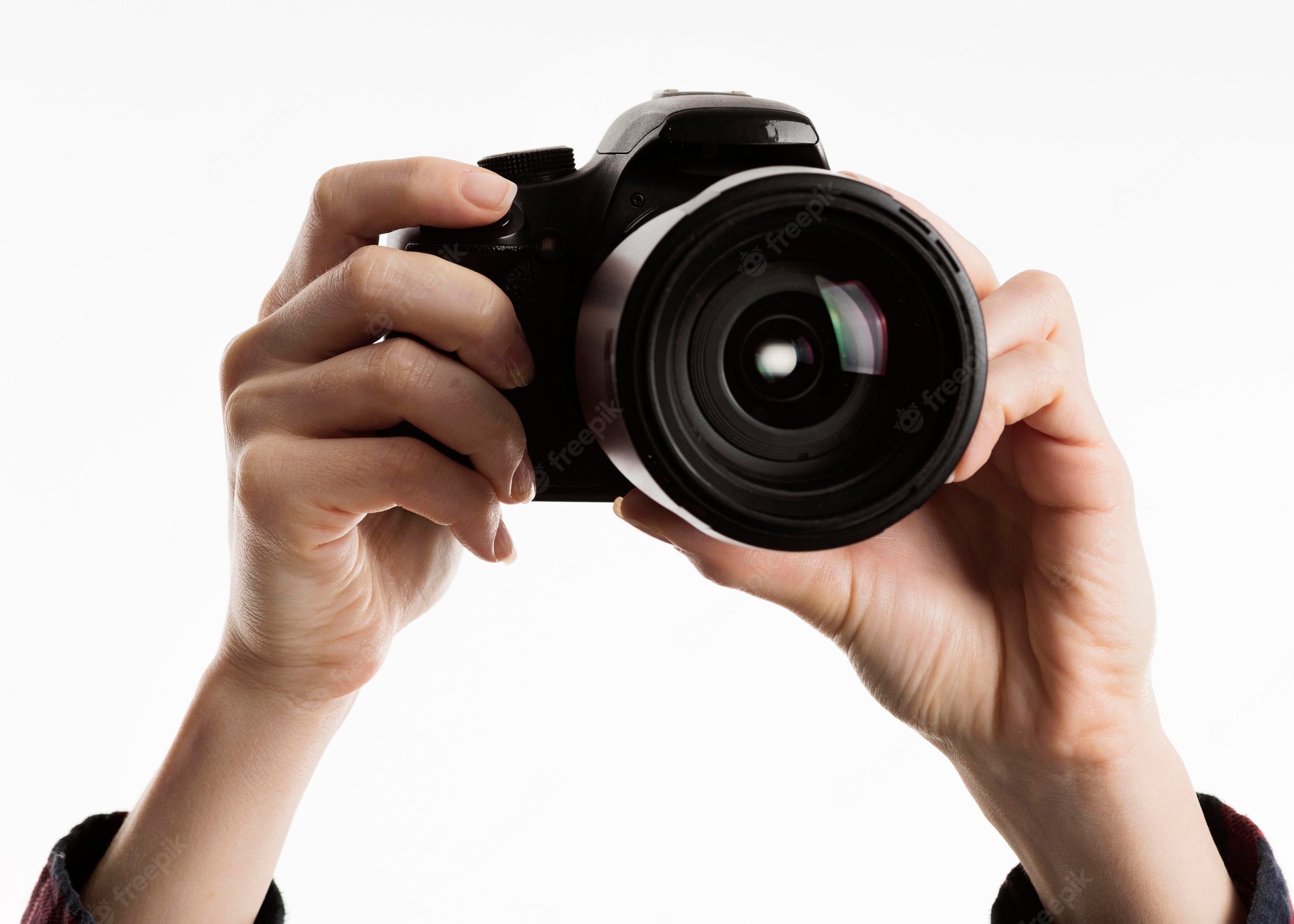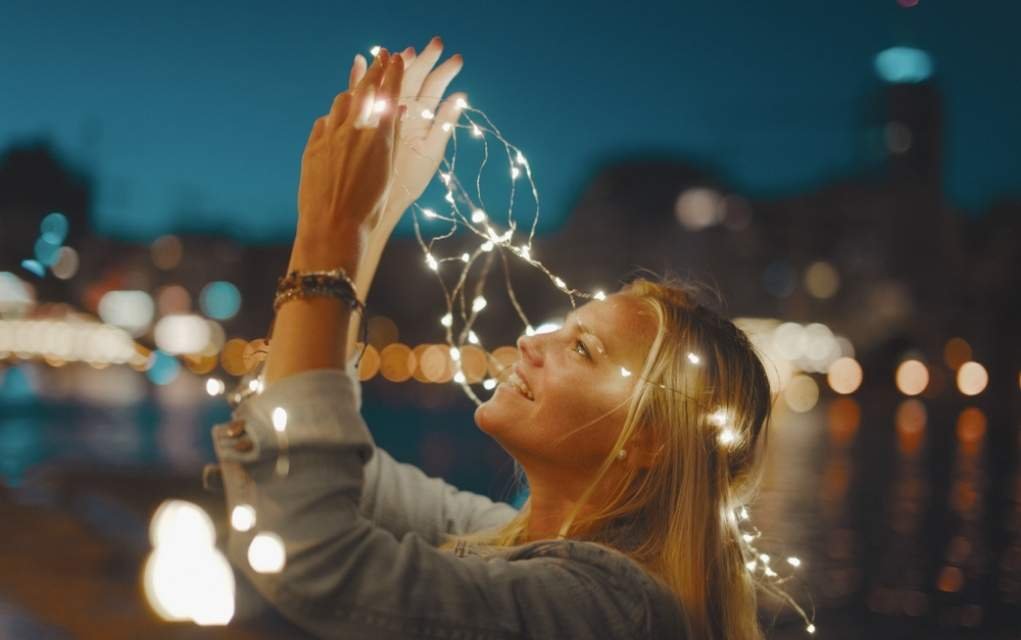
There are many factors to consider when starting your own photography studio at home. First, you should consider lighting. There are several different types of lighting you can use, including strobes, continuous light, and speedlights. Each has their own benefits and drawbacks.
Lights
It is important to select the right lighting in order for your photos to look professional. It should be used in tandem with the appropriate camera settings and software for editing. Proper lighting can make the difference between a great photograph and one that is dull. Studio-quality lighting is possible at an affordable price. LED lamps are an excellent choice because they emit even light and don't require complicated installation. To create a more natural appearance, they can be combined with DIY lighting strips and colour filters. These lamps are great for tabletop photography.
Backdrop
Depending on the color of the walls, a backdrop can be an optional accessory. A white backdrop is great for studio photography. You can however add interesting designs using thumbtacks or Command hooks. If you're looking to create a unique design, you could also use curtains or thin bed sheets as a backdrop.

Work desk
A computer is essential in a home photographer's studio. It is possible to purchase a computer desk at a cheap price. But if space is tight, you may want to build your own. Castors and a stand-up desk with wheels can work well if your workspace is small. The stand-up workbench will be easy to move from one room to another, and it can even be moved to your living room if you want. No matter how you set up your workstations, be sure to label them appropriately.
Laptop
A laptop can make a great tool for a photography studio. These laptops can capture high-quality images and videos as well as handle all the processing required for editing. If you don't have enough space for a dedicated studio, a laptop is a great choice. It can be connected via tethering cable to a camera, which allows you instant access to your photos from your computer. Modern laptops are capable of running programs like Photoshop and other processing-intensive editing software.
Chargers
It can be fun to invest in equipment for your home photography studio. A space in your home to take photos can make it more fun. You can also practice your photography skills while you are there. What type of photography are you going to do will dictate the equipment you should use. You will need a DSLR, mirrorless, or compact camera to take portraits of people. Additionally, you will need a camera capable of working in low light.
Power sockets
If you want to set up a home photography studio, it's important to have adequate power sockets and good quality extension cords. Without power sockets, your photography equipment won't operate and can cause tripping hazards.

Storage
If you own a home studio for photography, you may be wondering what the best method is to store your equipment. You can rent a storage unit at a storage facility. You can find a wide selection of storage options at these facilities. There are often special features such as refreshment stations and parking. Many storage units offer 24-hour security. Ask about the cameras and motion-censored lighting before you rent a storage facility. This will ensure that your equipment is safe.
Space
There are many different factors to consider when setting up a home photography studio, but the most important factor is to choose a space that fits your needs. Don't worry if you don’t have enough space. Depending on what type of photography you are doing, your equipment and space requirements may vary.
FAQ
What is a good camera bag?
It is essential to choose a camera bag that protects your gear when you travel. These are some important things to keep in mind as you choose a bag.
-
The bag should be large enough to comfortably hold your accessories and cameras. Don't go bigger than you think you will need.
-
Durability: You should look for bags made from durable materials, such as canvas, nylon, leather, and polyester. Avoid plastic and fabric bags.
-
Protection: Make sure that your bag offers protection against dirt, moisture, and scratches
-
Organization: You can organize your gear by category to make it easier for you to find the right thing. You could, for example, place your lenses in one area, your memory card in another and your battery charge in yet another.
-
Comfort: Keep your hands free when shooting by using a shoulder strap instead of a handbag. A comfortable design should have padded straps.
-
Price: Shop around to find the best price. Many brands offer their products at discounted prices. This can be a huge advantage.
-
Warranty: Find out if your company offers a guarantee on its products. This will ensure that you are able to contact the right person if something happens to your bag.
How can I become a professional photographer?
Photography requires patience, dedication, passion, and practice. Passionate about photography will make you do better than if it was just for the money.
You must learn how to use your digital camera correctly. Understanding composition, lighting, exposure and depth of field are all important. Additionally, you should have a good grasp of Photoshop.
Photography is not easy, but once you master it, there is nothing quite as satisfying as creating images that capture moments in time that would otherwise have been lost forever.
You can improve your skills by reading books, attending classes, and participating in competitions. You will gain confidence and experience, which can lead to improvements. What equipment do I need?
It really all depends on what type of photography you enjoy. If you're interested in landscape photography, for example, you'll need a wide-angle lens.
If you're interested in portrait photography, you should get a telephoto zoom lens.
A tripod is crucial for taking photographs. It allows you to stand back and compose your picture without moving around.
A camera bag is useful for carrying your camera, memory cards, and other accessories.
A flash unit is necessary if you are using a compact camera.
For beginners looking to capture professional-quality photos, a DSLR (Digital Single Lens Reflex Camera) is the best option.
DSLRs are very popular as they let you control all aspects of your photos, such as shutter speed, aperture and ISO sensitivity. These cameras also offer a variety of features, such as autofocus (auto-exposure locking), self-timer bracketing and RAW format.
Is digital photography hard?
Digital photography isn’t as easy as you may think. To use digital photography properly, it takes patience and effort. You need to know what settings to use for different types of shots. It is best to practice what you have learned. Practice makes perfect.
Should I start photography as a hobby?
Photographing is a great way to preserve memories and share them among friends and family. Photography allows you to see the world from a different perspective.
If you are interested in learning how to take better pictures, there are plenty of resources available online to help you do just that.
Consider taking classes at your local community college or art school. You can meet other photographers and get valuable feedback about your work.
Statistics
- While I cannot prove that all of those spots were not sensor dust, the photo was taken during a heavy snowstorm…so I guess that 99.8% of the spots are snowflakes. (bhphotovideo.com)
- Get 40% off Adobe Creative Cloud(opens in new tab) (creativebloq.com)
- In this case, 100% of readers who voted found the article helpful, earning it our reader-approved status. (wikihow.com)
- That's the easiest way to get blurry photos 100% of the time. (photographylife.com)
External Links
How To
What are the essential skills required to be a professional photographer?
The basic skills required for any photography job include technical knowledge, artistic ability, and business acumen.
Technical knowledge includes understanding exposure settings and camera functions, lens types, film speeds, developing techniques, and lens types.
It is important to have artistic talent. This includes understanding composition, lighting, posing, and how to use Photoshop.
Business acumen involves managing clients, budgeting and scheduling.
You should be interested in photography as a hobby from an early age if you wish to be a professional photographer.
Photography classes can be taken at schools, colleges, or online.
You can also find many books that will teach you everything about photography.
It is important to learn about photography and to create your own style.
This will allow your to stand out in this field.
Photography has changed throughout the years. In the past people used cameras like the Kodak Instamatic or Polaroid instant camera.
Digital cameras are becoming more popular than ever. These days most photographers use their smartphones to take photos.
While it is possible for a smartphone to capture high-quality images, if you want to really get into photography, a DSLR (Digital Single Lens Reflex Camera) is the best choice.
You can control every aspect of your photos with a DSLR including shutter speed (speed), aperture, ISO sensiblity, white balance and focus.
These features make it possible to create beautiful photographs with a variety of effects.
These controls are also available to adjust the mood of your photograph.
For example, a fast shutter speed could blur your subject.
You can also make them appear more mobile by increasing the light that enters the camera.
The scene can also be adjusted to change its mood by changing the color temperature.
You might increase the red value of the picture if there's a lot blue light.
It may be difficult at first to determine which direction your camera should point.
But once you grasp the basics, it won't be so difficult.
It is actually much simpler than you might think.
The first time you start out, you'll probably only be able to shoot landscapes and close-up images of objects.
Don't worry, as you get more experience, you'll be able capture everything from abstracts to portraits.
Once you have mastered the basics, you can move on to more advanced subjects.
Here are some tips to help you get started:
-
Choose a good location. You should choose somewhere you feel comfortable and relaxed.
-
You should find something that is interesting to photograph. Look for things that are unusual or unique.Try photographing flowers, animals, or even insects.
-
Practice lots of photos. Practice makes perfect!
-
Experiment with different angles. Hold your camera differently depending on what you are trying to achieve.
-
Use different lenses. Different lenses offer different perspectives.
-
Low-light photography is a good option. Photographing in bright sunlight can prove difficult.
-
Practice framing the shot. Photographing an image is not complete without framing.
-
Learn how to use your camera settings. Spend time playing with your camera settings. This is the best way to improve your photos.
-
Keep learning new techniques. Photography is a vast subject. Visit local galleries, museums, libraries, and other venues to find out more.
-
Read magazines and books. The best way to learn about photography is to read books.
-
Join a club. Many clubs encourage members to share their work at events.